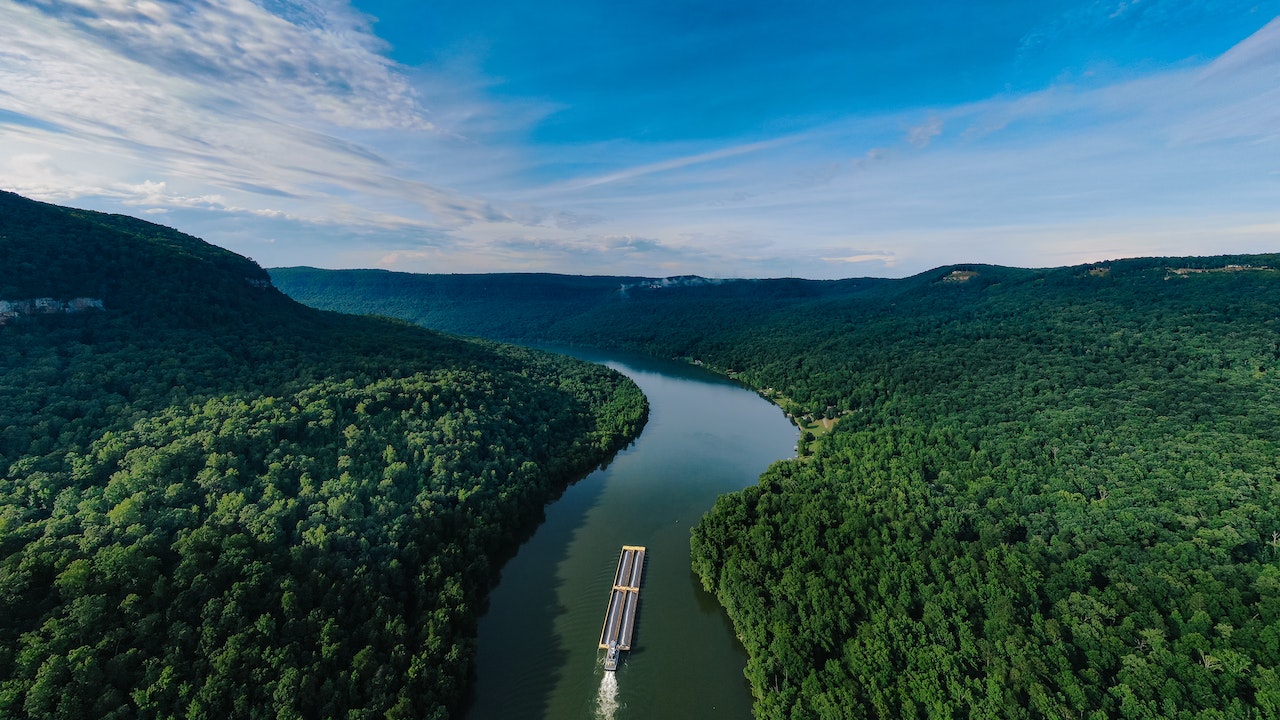The Inter-American Development Bank (IDB) and the World Bank announced the core elements of the newly developed Amazonia Bond Investment Guidelines, aimed at channeling capital into initiatives that foster biodiversity, support local communities, and advance zero-deforestation efforts across the Amazon region. These bonds, leveraging innovative capital market instruments, are designed to finance sustainable projects aligned with the environmental and social needs of the Amazon Basin.
The guidelines, which draw upon the globally recognized ICMA Principles for Green, Social, and Sustainability Bonds, provide a framework for selecting, evaluating, and managing Amazonia Bonds projects. These projects will be screened for environmental and social risk, with impact metrics reported to ensure transparency and accountability. According to IDB Executive Vice President Jordan Schwartz, the guidelines represent a significant step toward creating a regional “public good” that will help scale sustainable finance in Amazonia, with the full participation of Indigenous Peoples, Afro-descendant, and local communities.
Key stakeholders—including national ministries, public and private financial institutions, corporations, and Civil Society Organizations—were consulted in the guidelines’ formation. To strengthen inclusivity, a series of dialogues with Indigenous and Afro-descendant groups will be held over the coming months to fine-tune the framework to ensure it addresses their needs effectively.
Carlos Felipe Jarmillo, the World Bank’s Vice President for Latin America and the Caribbean, emphasized the necessity of new financing tools to mobilize the resources required to preserve the Amazon’s unique ecosystem. “By creating these guidelines for Amazonia Bonds, we’re enabling scalable, impact-focused financing to protect one of the planet’s most vital ecosystems and empower the communities that depend on it,” said Jarmillo.
The Amazonia Bonds guidelines are expected to catalyze funding from national development banks, the private sector, and international investors. The objective is to scale investments that prioritize sustainable agriculture, biodiversity conservation, and climate resilience in Amazonian countries, offering economic opportunities while safeguarding the environment. With global attention to Amazon’s critical role in combating climate change, these bonds represent a timely and essential mechanism for sustainable investment.
As the Amazon rainforest nears a potentially irreversible tipping point, IDB and World Bank leaders highlight that prompt action through sustainable financing is essential to mitigating ecological and economic risks for the region’s people and biodiversity. The IDB and World Bank envision that Amazonia Bonds will serve as a model for other regions facing similar environmental and socio-economic challenges.











